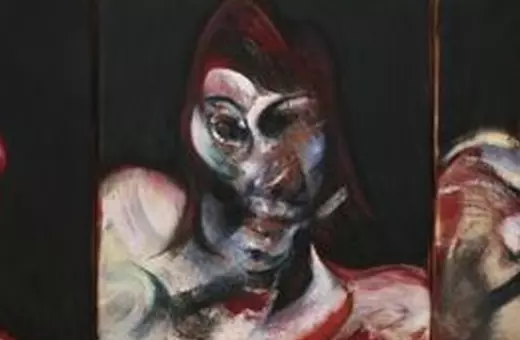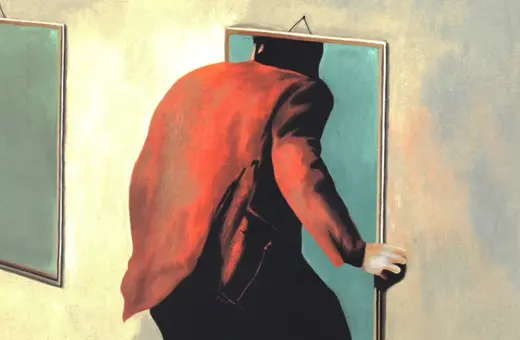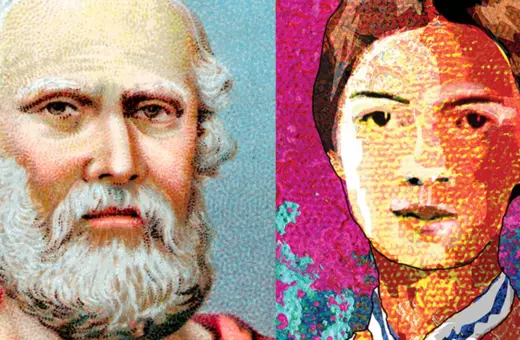Humanity has always had a perverse curiosity about the evil, horrible and disgusting, particularly when it comes to the characters presented in art. In recent years there has been a surge in audiences’ love for villains, with popular TV series such as You, Hannibal and Killing Eve inviting audiences to be taken in by the charm of psychopaths and killers. But is this morally dangerous? Not necessarily, argues Dr Panos Paris as he delves into the ethics and aesthetics of our attraction to immoral characters and why it can be a good thing.
What if I told you I’m a murderer who carefully stages his crimes and then arranges his victims’ bodies in sculpture-like poses? Or that I’m a psychopathic hitman, happily employed killing strangers? Some of you may be scandalised, and send a letter of complaint to the editors. But many, I suspect, will eagerly read on. We seem to be curious and perversely fascinated by the evil, horrible, and disgusting, as philosophers since Plato have been aware of.
This feature of our psychology is harnessed by artists to create characters and narratives that seem deeply immoral, but that we are invited to find attractive, root for, and even become enamoured with. Why is that? After all, if you met someone who told you they’d done such things in real life, you’d want to steer clear of them and would likely feel repulsed. And yet, if you’re anything like me, you look forward to getting home from work, sitting back, and tuning into series like Hannibal, Killing Eve, Breaking Bad, The Sopranos, or The Wire.
___
The last few decades have seen a barrage of programmes featuring immoral characters ... to whom we’re expected to respond positively.
___
While the phenomenon of attraction to evil characters in art is not unique to our time––Milton’s Satan is nearly four hundred years old––the last few decades have seen a barrage of programmes featuring immoral characters, ranging from murderous drug dealers (Breaking Bad; The Sopranos; The Wire) and sexual predators (You), to psychopathic killers (Killing Eve) and cannibals (Hannibal), to whom we’re expected to respond positively. Unsurprisingly, it’s also far more common and pronounced when engaging with fictional characters, or, when not fictional, characters viewed through the lens of art, who are at least safely distanced from our actual lives.
The number of such programmes and the appetite with which they are devoured can seem alarming. Unsurprisingly, they’ve led to speculation that such works can morally corrupt us by romanticising and making attractive spectacles of evil and violence. In the words of one columnist, “The young and impressionable youth of today might find themselves empathizing with and falling for people who are actually dangerous.” Another goes further, claiming that “With the introduction of more humanized offenders, … [o]ur former wariness about psychopaths, it seems, has been replaced with fascination and even admiration.” Such claims would have us think that works featuring attractive evil characters are immoral; or worse, that they’re morally dangerous.
Yet, you might think, works of art are not subject to the kind of moral evaluation to which real ideologies or actions are. Even if they are, this seems separate from their value as art or entertainment, or both. It is on us to ensure that we are morally responsible individuals in our conduct, but how we entertain ourselves, what we like in art, and, indeed, what we fantasise about, are beyond scrutiny.





















Join the conversation